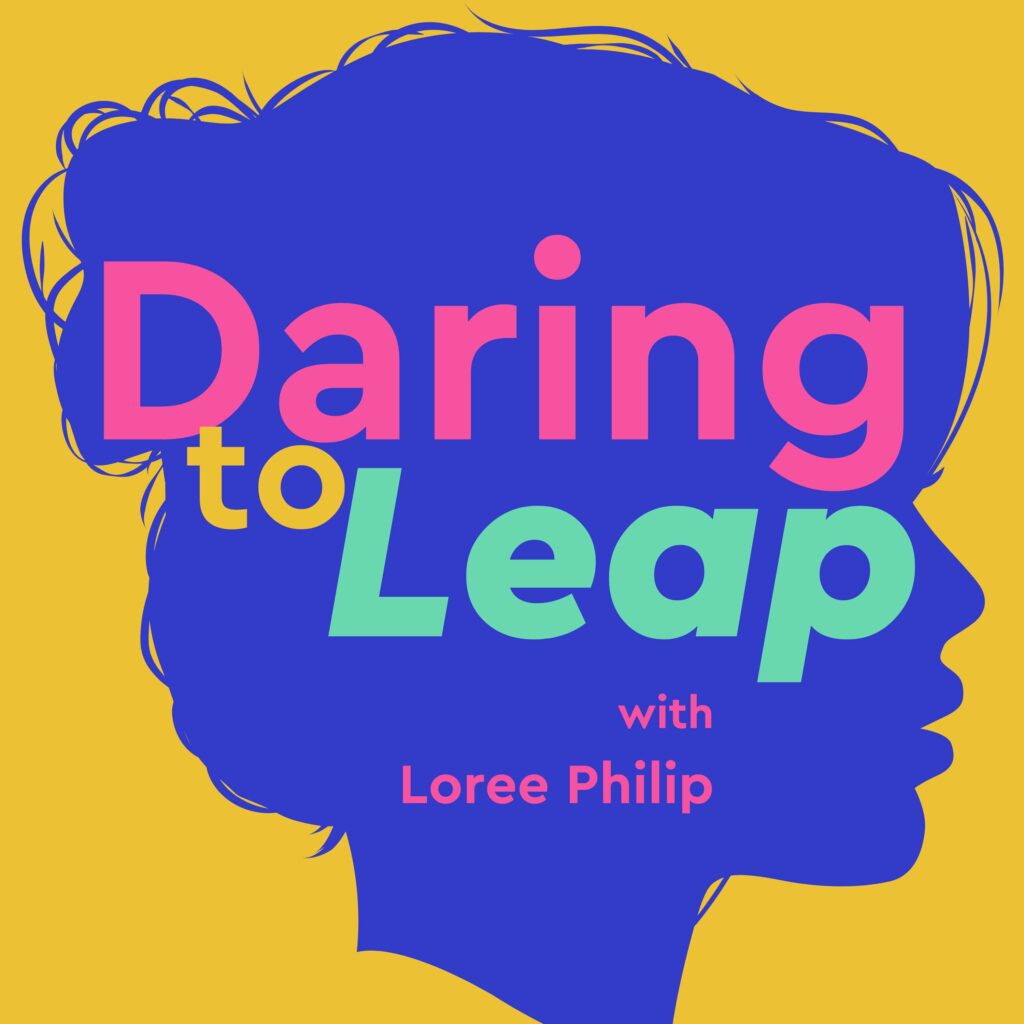Are you worried about the rising tide of collective burnout and looking to weave well-being into your leadership and workplace culture?
In the latest episode of Daring to Leap, Danielle Smeltzer, founder of Awarely Embodied Leadership, joins our host, Loree Philip, to discuss how leaders can effectively manage stress and integrate well-being into their leadership practices. They uncover actionable strategies to transition from reactive to responsive leadership, promoting a healthier work environment.
This conversation is essential for anyone in a leadership position looking to enhance their effectiveness while fostering a culture of well-being. Danielle brings her wealth of experience in trauma-informed leadership to provide a roadmap for balancing professional demands with personal well-being.
By listening to this episode you’ll:
- Discover how to shift from reacting to stress to responding with intention.
- Gain insights into the role of rest and breaks as crucial components of effective leadership.
- Learn the concept of work-life integration as a sustainable approach to managing professional and personal responsibilities.
- Explore techniques to build new neural pathways for more adaptive stress responses.
- Uncover the importance of incorporating joy, fun, and adventure to boost creativity and innovation in the workplace.
By the end of this episode, you’ll be armed with the tools and insights needed to become a more resilient and well-being-focused leader. So why wait? Hit play and start integrating these transformative practices into your leadership today!
Connect with Danielle:
https://www.linkedin.com/in/danielle-smeltzer-89202018/
Connect with Loree:
Instagram – @loreephilip
LinkedIn – @loree-philip
